Understanding how to leverage your assets for financial gain is crucial, especially for businesses in the transport and logistics sector. One question that often arises is: Can a flatbed trailer be used as collateral? This topic is not only relevant for trailer owners but also for those looking to secure financing or loans against their assets. In this comprehensive article, we will explore the nuances of using flatbed trailers as collateral, the advantages and challenges involved, and alternative financing options available to you.
The Concept of Collateral
What is Collateral?
Collateral refers to an item of value that a borrower offers to a lender to secure a loan. The purpose of collateral is to give the lender assurance that they will recover the loan amount by taking possession of the collateral if the borrower fails to repay the loan. This asset can take many forms, including real estate, vehicles, equipment, or inventory.
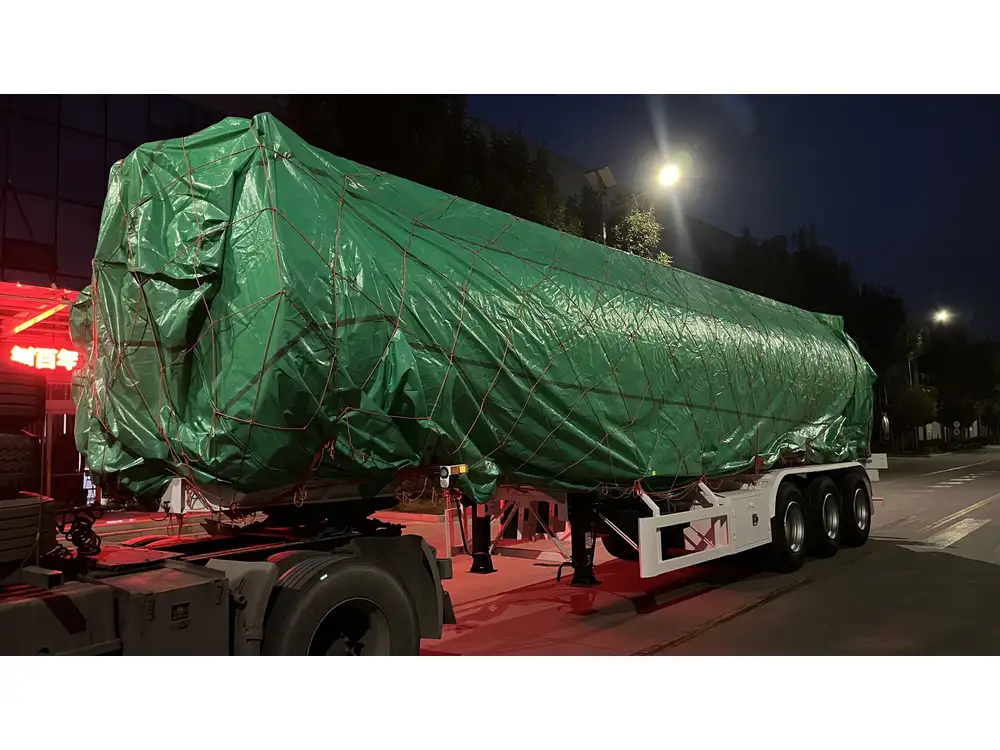
Why Use Collateral?
Using collateral can significantly enhance your chances of obtaining a loan. Lenders are typically more willing to extend credit when they have security backing the loan, as it minimizes their risk. For businesses in the transport sector, having physical, movable assets like flatbed trailers is advantageous.
Flatbed Trailers: An Overview
Characteristics of Flatbed Trailers
Flatbed trailers are commonly used in the transportation industry due to their versatile design. Here are some key characteristics:
- Open Design: Unlike enclosed trailers, flatbeds allow for easy loading and unloading from all sides, making them ideal for transporting large and heavy goods.
- Weight Capacity: Depending on the model, flatbed trailers can usually handle loads ranging from 48 to over 60,000 pounds.
- Types: They come in various types, including standard flatbed, drop deck, and lowboy trailers, each suited for different cargo requirements.
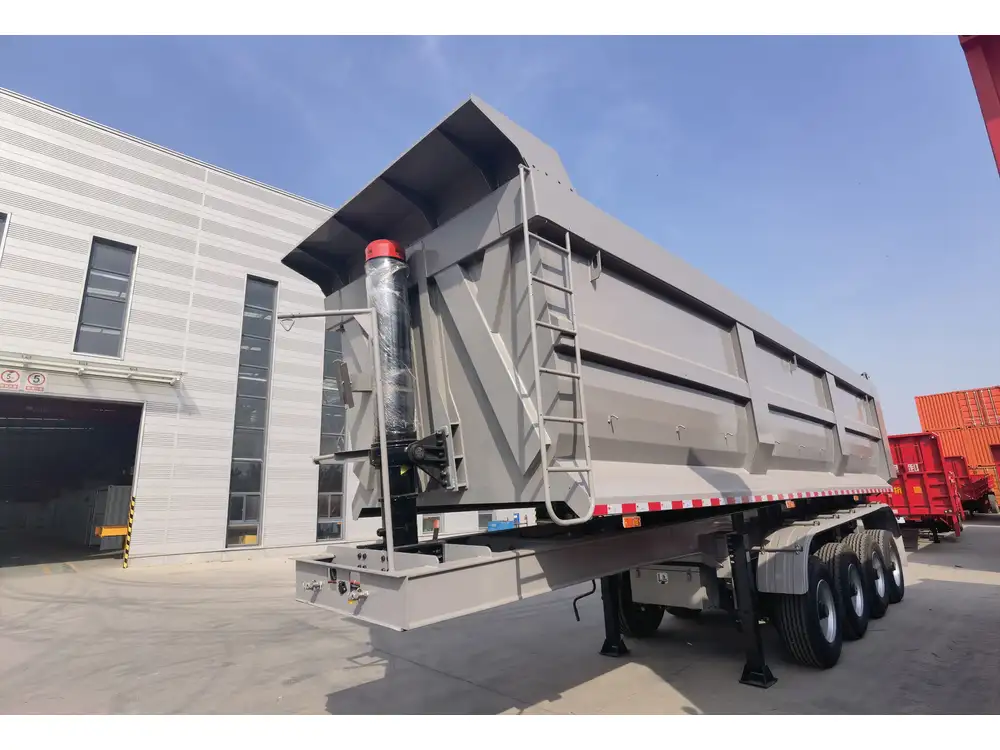
Valuation of Flatbed Trailers
The value of a flatbed trailer depends on several factors:
- Condition: Well-maintained trailers appreciate in value, while older or damaged models will typically depreciate.
- Brand and Model: High-quality brands are likely to retain more value.
- Market Demand: Trends in transportation and logistics, such as increased demand for flatbed services, can affect valuation.
Can Flatbed Trailers Be Used as Collateral?
Yes, flatbed trailers can indeed be utilized as collateral in securing financing. However, specific factors come into play that both borrowers and lenders should consider:
Factors to Consider

1. Ownership Proof
To use a flatbed trailer as collateral, you need to fully own the asset. A clear title with no liens against it is essential for the lender’s peace of mind.
2. Appraisal
Lenders will often require an appraisal to determine the current market value of the trailer. This step is crucial for establishing how much you can borrow against it.
3. Documentation
Prepare all necessary documents, including purchase agreements, maintenance records, and registration papers. Lenders need this information to evaluate your asset correctly.

Loan-to-Value Ratio (LTV)
Lenders often use the Loan-to-Value ratio to assess risk. Generally, the LTV ratio for vehicles and trailers might range from 70% to 90%. For example, if your flatbed trailer is valued at $20,000, you might secure a loan ranging from $14,000 to $18,000.
Advantages of Using Flatbed Trailers as Collateral
Lower Interest Rates
Securing a loan with collateral typically results in lower interest rates. Because the lender minimized their risk by having a physical asset to claim, they can afford a more favorable rate.
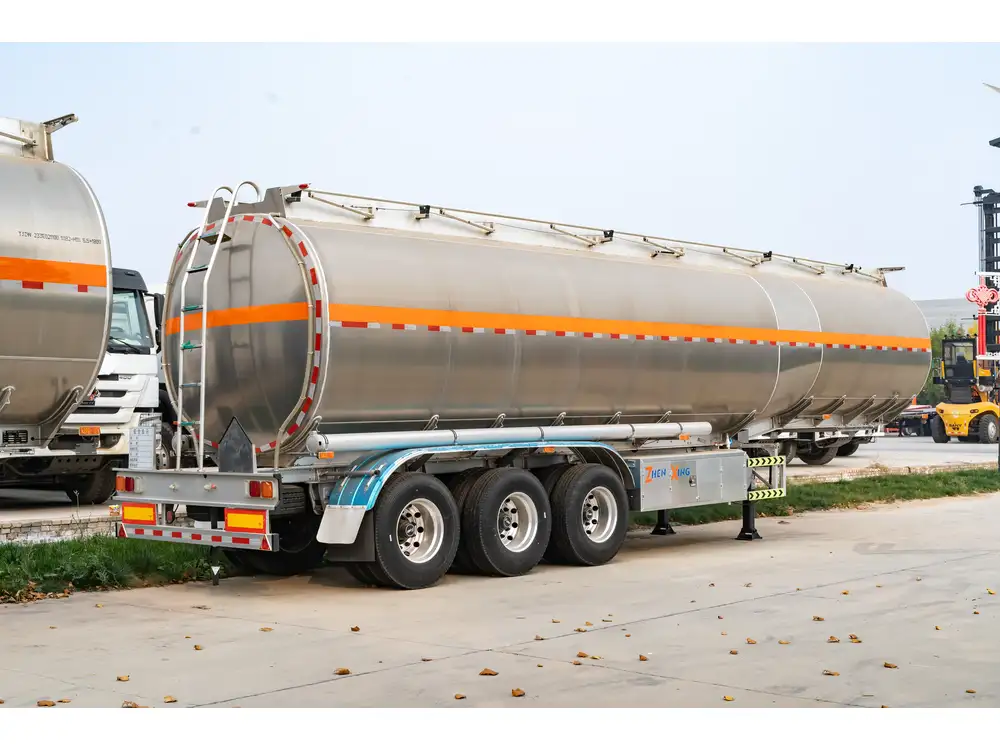
Increased Borrowing Power
By using your flatbed trailer as collateral, you may be able to borrow more than you would with an unsecured loan, enhancing your financial flexibility.
Quick Access to Cash
Collateralized loans generally process faster than traditional loans. Lenders can quickly appraise the asset, reducing the usual loan approval delays.
Challenges in Using Flatbed Trailers as Collateral
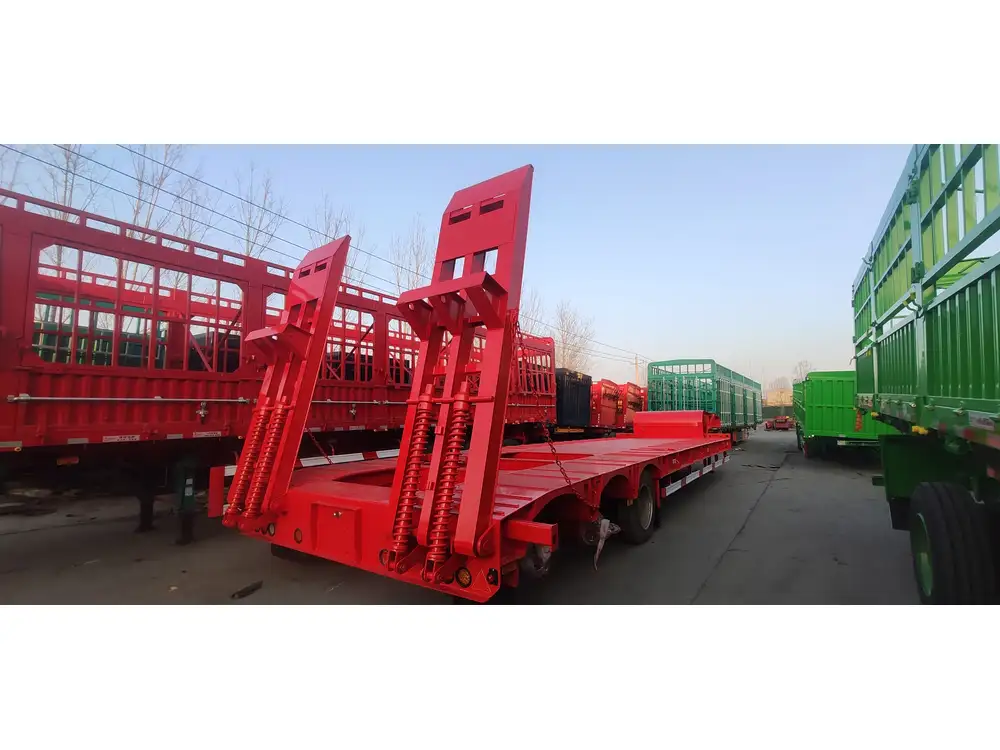
Depreciation
Flatbed trailers lose value over time, which can affect the amount a lender is willing to provide. If the trailer depreciates rapidly, this might lead to challenges in securing future loans.
Insurance Requirements
Most lenders require comprehensive insurance for collateralized assets. The cost of insuring your trailer must be factored into your overall financing plan.
Market Fluctuations
The valuation of flatbed trailers can fluctuate based on market demand. Economic downturns may diminish the value of your trailer, potentially leading to issues if you need to borrow against it in the future.

Alternatives to Collateralized Loans
If utilizing your flatbed trailer as collateral does not seem feasible for your financial needs, consider these alternative financing options:
Unsecured Business Loans
Unsecured loans do not require collateral; however, they typically come with higher interest rates and stricter credit requirements.
Equipment Financing
Specific financing dedicated to purchasing or leasing commercial equipment, including trailers, can often be more accessible than traditional loans.

Peer-to-Peer Lending
This platform connects individual lenders with borrowers, often providing competitive interest rates without the stringent requirements of traditional banking.
How to Secure a Loan Using Your Flatbed Trailer as Collateral: A Step-by-Step Guide
Step 1: Assess the Value of Your Trailer
Conduct a self-assessment to determine your flatbed trailer’s market value. Research online marketplaces and dealer listings to get a realistic idea.
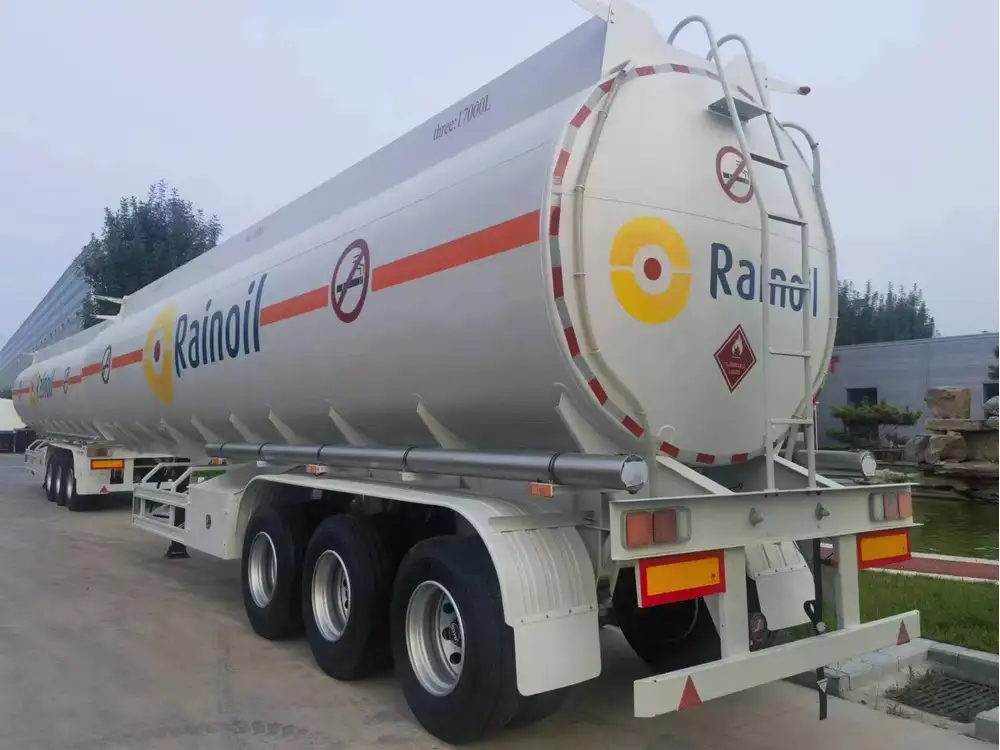
Step 2: Gather Necessary Documentation
- Title and registration
- Maintenance logs
- Original purchase receipts
- Any records of modifications or enhancements
Step 3: Approach Potential Lenders
Research various lending institutions, including banks, credit unions, and specialized lenders. Compare their terms and assess their willingness to accept your flatbed trailer as collateral.
Step 4: Complete the Loan Application
Fill out the loan application accurately, including all details regarding the trailer and your business finances. Attach the necessary documentation for the lender’s review.
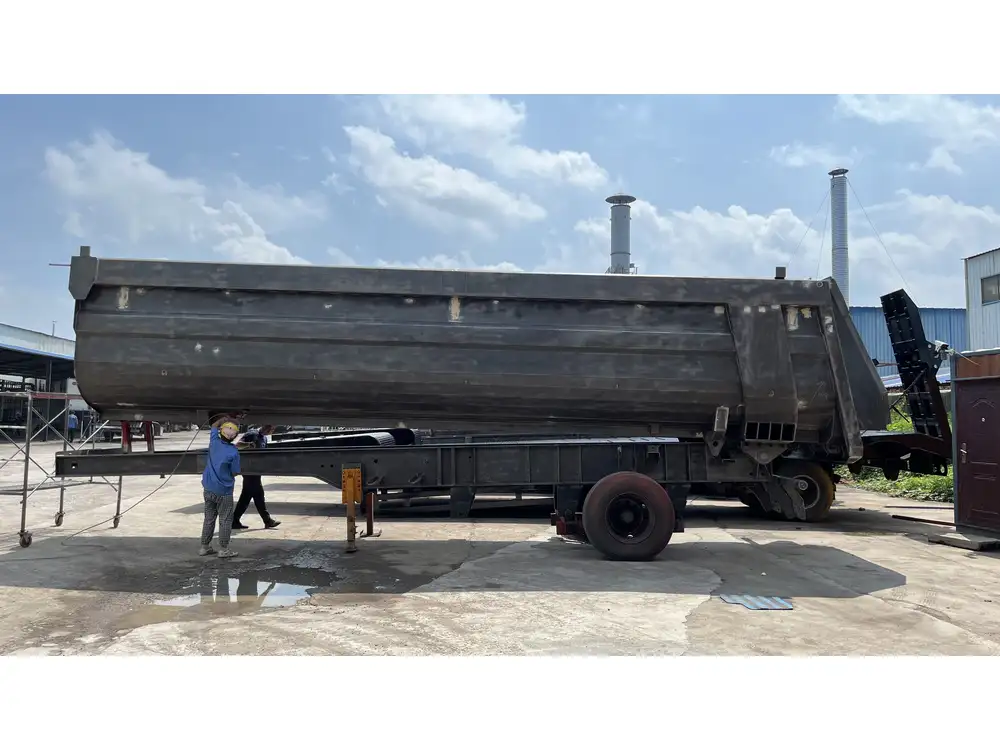
Step 5: Wait for Appraisal and Approval
Allow time for the lender to appraise your trailer. Prepare to discuss its value and address any inquiries they may have.
Step 6: Review Loan Terms and Close
Once approved, carefully review all loan terms, including repayment schedules and any hidden fees. Clarify any uncertainties before signing.
Conclusion
Using a flatbed trailer as collateral can serve as an efficient method for securing financing that may otherwise be difficult to access. However, it’s essential to evaluate both the benefits and challenges of this approach critically.
By becoming informed about the valuation process, appraisal requirements, and potential liabilities, you can position your business to make sound financial decisions. Whether you choose to proceed with collateralized loans or explore alternative financing options, understanding your assets’ role in your funding strategy is critical to your long-term success.
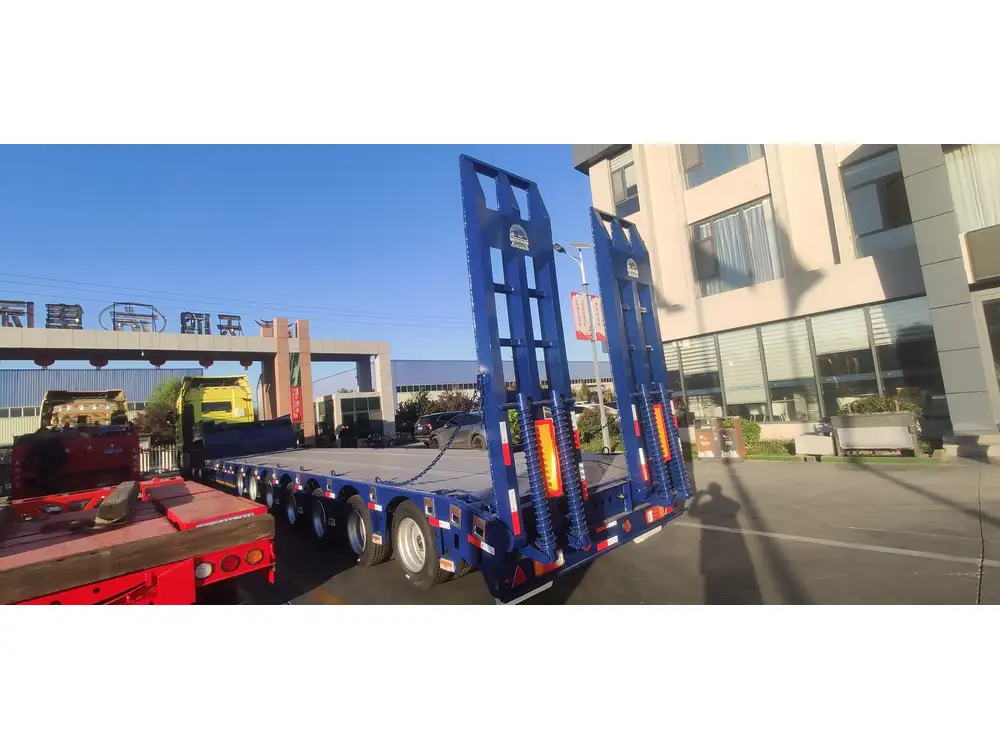
Additional Resources
Comparative Table of Financing Options
| Financing Type | Collateral Required | Interest Rates | Approval Time |
|---|---|---|---|
| Conventional Loan | Yes | Low | 2-4 weeks |
| Unsecured Loan | No | High | 1-3 weeks |
| Equipment Financing | Yes | Moderate | 1-2 weeks |
| Peer-to-Peer Lending | No | Competitive | A few days to weeks |
FAQs About Using Flatbed Trailers as Collateral
Can I use a leased flatbed trailer as collateral? No, only owned trailers with a clear title can be used.
How long does the loan approval process take? It varies by lender but expect anywhere from a few days to several weeks.
What happens if I default on my loan? The lender can seize the flatbed trailer as they have a legal claim against it.
Are there any special considerations for highly customized trailers? Yes, custom modifications may require additional documentation to ascertain their value.
By understanding how to navigate the complexities of financing using flatbed trailers as collateral, you can efficiently tap into the capital you need to grow your transportation or logistics business.



